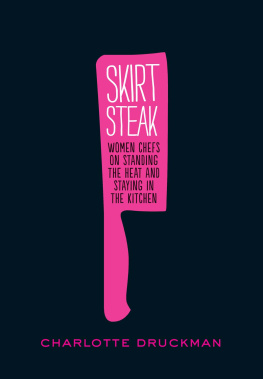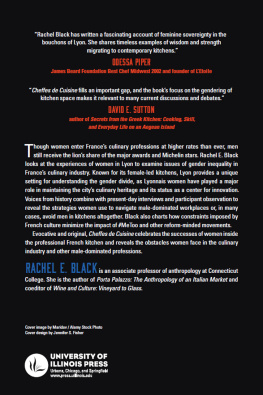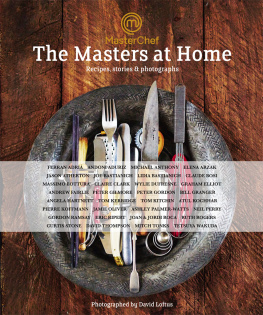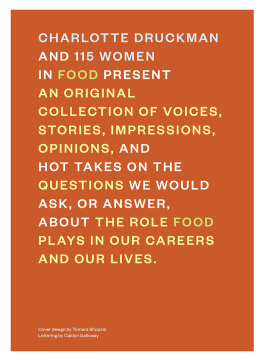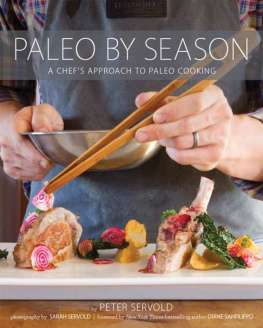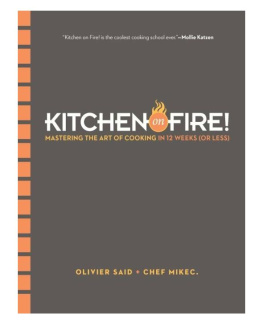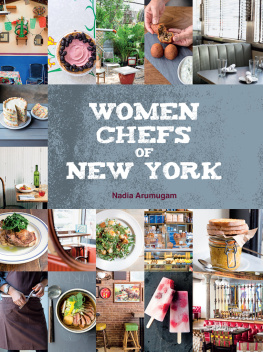In spite of all the talk and study about our next years, and all the silent ponderings about what lies within them for our sons [Why only sons? Since I wrote this I have acquired two daughters, and they too shape the patterns pieces, and the texture of my belief!] it seems plain to us that many things are wrong in the present ones that can be, must be changed. Our texture of belief has great holes in it. Our pattern lacks pieces.
M.F.K. FISHER, HOW TO BE SAGE WITHOUT HEMLOCK, 1942
No opinion has been expressed, you may say, upon the comparative merits of the sexes even as writers. That was done purposely, because, even if the time had come for such a valuationand it is far more important at the moment to know how much money women had and how many rooms they had to theorize about their capacitieseven if the time had come I do not believe that gifts, whether of the mind or character, can be weighed like sugar and butter All this pitting of sex against sex, of quality against quality; all this claiming of superiority and imputing of inferiority, belong to the private-school stage of human existence where there are sides and it is necessary for one side to beat another side.
VIRGINIA WOOLF
Thats original, introducing a book about women with a quote from Virginia Woolf.
Just like you, Virginia knew a clich when she saw one. If you read her thoughts above, then you know she was decrying a tired practice comparing men to womenall those years ago, in 1928, when she drafted the two papers that would later be consolidated into A Room of Ones Own. People have been reading that treatise for decades; people have also continued to, when discussing the matter of womens rights or gals roles in society, dwell on what differentiates the sexes and how those disparities might handicap one or the other (usually, the Other as in, the ladies). That tendency has only served to single women out and delineate them as deserving of extra help. Being marked as special needs is no way to gain equal footing.
For me, as for Woolf, all thisdefining women in opposition to men or as exceptional (meaning, an exception to the rule)has nothing to do with the price of tea in China. We can opine on womens emotional outbursts, their nurturing qualities, and their ability to multitask until the cows come home. Or we could discuss mens competitive nature, physical stamina, and egotism till were blue in the face. Better yet, since this is a book about the culinary world, we might get into that whole debate about male versus female cooking, and wonder if Hatshepsuts dishes look and taste more girlish than Gilligans. As my mom would say, Lets not and say we did.
A conversation that might be worth entertaining (at least, I know my editor thinks it isshe advised me it was a good idea to introduce myself early on so youd warm to me) is the one wherein I explain why, with a world full of women fighting for equality, suffering countless injustices under oppressive regimes, struggling for opportunities, or merely deflecting the occasional chauvinist zinger, I narrowed my field of vision to chefs.
The simple, flippant answer would be: Because Im selfish.
The complicated answer, which youand this bookdeserve, starts with my citing another renowned British author, Martin Amis. A few months ago, I stumbled on something hed uttered in a 1998 interview. It unnerved me. But it has to be said, he began, perhaps with some regret, that the first thing that distinguishes a writer is that he is most alive when alone, most fully alive when alone. A tolerance for solitude isnt anywhere near the full description of what really goes on. The most interesting things happen to you when youre alone.
His is a rather dismal outlook; writers are isolated shut-ins whose only companions are our imaginations and drafting materials. Unwilling to accept this as my lot, I began looking at the writers life and solitary confinement from a different perspective. Amis dwells on the aloneness of his trade. What he renders melancholy and dramatic is only the by-product of an extraordinary experience. I see it like this: What distinguishes a writer is that she is most alive when writing.
); talented people who arent getting the recognition they deservein a word, underdogs; or, finally, anything that reeks of unfairness (as adolescent as that might sound).
Its not hard to understand how, based on that list, the plight of women chefs would appeal. Gender aside, I love talking to chefs about what they do. Ive found them less laconic than their reputations would lead us to expect. When you stumble on something that excites themit could be an ingredient, a delicacy tasted in another country or neighborhood, an idea for a new restaurant concept, an innovative technique, a breakthrough cookbook, or a controversial reviewyou see the wheels turning, the gleam in their eyes. If a writer lights up when stringing sentences together on a page, a chef comes to life when doing her jobor thinking about it.
I find that contagious. It makes me want to write. And then we have the mediumthe grub. Obviously, its a draw for anyone who gets off on the perfect bite, but theres something bigger than that. Food has become a dominant presence in pop culture. There are television shows devoted to cooking and to eatingtheres even an hour-long daily talk show on ABC called The Chew, hosted by chefs. Sure, this national pastime has its insipid manifestations (Gordon Ramsays Hells Kitchen comes to mind when I think of model abysses); it also allows for debates on health, economics, and politics. Food is the metaphorical spoonful of sugar that helps the proverbial medicine go down.
As for the overlooked talent and, not so very different, the unfairness factorwhat some might deem the medicine hereonce zeroing in on chefs, I could have easily looked at race or sexuality instead of gender. Self-centeredness kicks in. Im a white, straight girl. Thats how Im going to relate; cant help it. I assess the realm about which I write and I try to put myself in it, and when I do, I spot things that dont add up. If this book could motivate those of another race or sexuality to apply a similar approach to their respective points of view on the culinary or any other arena, that would be some smooth buttercream frosting on the cake.
Why, when were obsessed, as a culture, with chefs and their output, has that fixation landed on those who are decidedly male? Its as though we have a blind spot. What Ive discovered is that its not all that unusual for a woman to work in a galley kitchen, orhold on to your hatsbe in charge of one. This has not always been the case, and the gender ratio is still heavily weighted toward the penile, but if you think that being a professional restaurant cook is a gig reserved for guys, youre living in the past, 1928, maybe.
When Woolf championed each womans right to have a room of her own, the one room she wasnt referring to was the kitchen. That was the only chamber of which ladies were already in command. But it was a puppet regime. Todays chefs may joke about being chained to the stove. They merely co-opted the expression from the housewives who were expected to stay on the premises and fret over tasks like putting dinner on the table. Thats just what Woolf protested. She was concerned with her sexs lack of access to money andrelated opportunity to engage in intellectual pursuits.

